Kokuseki Shrine in Iwate Prefecture, northern Japan, is famous for its annual Sominsai festival, considered one of the strangest festivals in the country, where hundreds of naked men compete for a bag of traditional wooden charms that are thousands of years old.
But this year is the last year of the festival, marking the latest impact that the population crisis has had on traditional Japanese culture. Organizing the event, which attracts hundreds of participants and thousands of tourists each year, has become a burden for elderly local residents who find it increasingly difficult to cope with the festival's heavy rituals.
"It's very difficult to organize a festival of this scale. You can see what's happening today - so many people are here and everything is very exciting. But behind the scenes, there are many rituals and a lot of work to do... I can't ignore the difficult reality," AFP quoted Daigo Fujinami, a priest at Kokuseki Shrine, a Shinto shrine founded in 729.
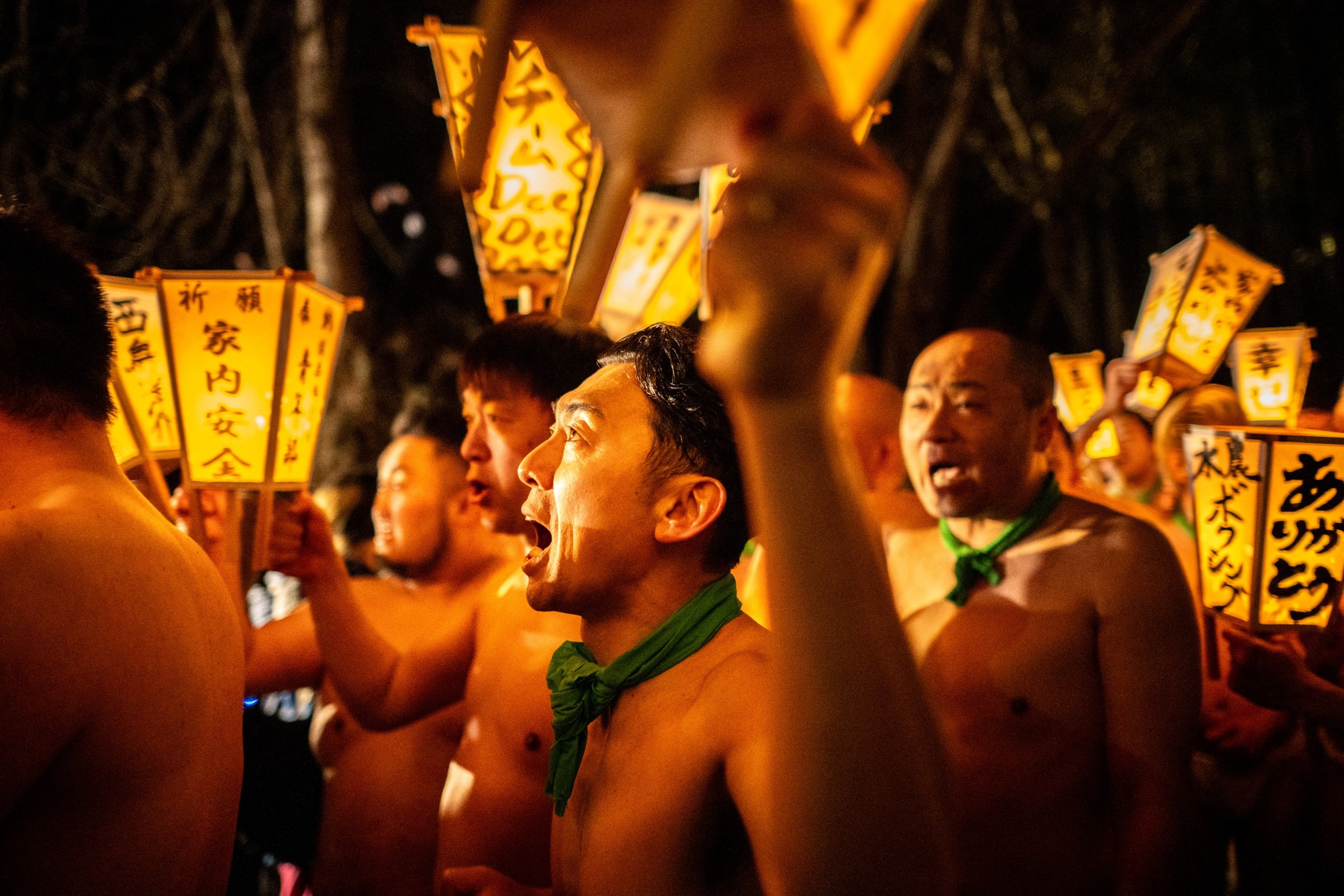
Men attend the Sominsai festival at Kokuseki Shrine on February 17.
Japanese society is aging faster than most other countries, a trend that has forced countless schools, stores and services to close, especially in small or rural communities.
The Sominsai Festival of Kokuseki Shrine usually takes place from the 7th day of the first lunar month until the following morning. However, during the Covid-19 pandemic, the festival has been streamlined, retaining only prayers and smaller-scale rituals.
Locals said the last festival on February 17 was a shortened version, ending at around 11pm, but attracted the largest crowd in recent history.
As the sun sets, men dressed in white loincloths go to the shrine on the mountain, bathe in a creek and parade around the shrine grounds. Amidst the cedar forest and the chill of the northern Japanese winter wind, they chant "jasso joyasa" (meaning "evil, go away").
Some held cameras to record their experience, while dozens of television crews followed the men through the temple's stone steps and dirt paths.
The climax of the festival is when hundreds of men crowd inside the temple shouting and jostling each other aggressively to fight for a bag containing amulets.
From next year, Kokuseki Shrine will replace the festival with prayer ceremonies and other ways to continue spiritual practice.
"Japan is facing a declining birthrate, an aging population and a shortage of young people to do various jobs. It may be difficult to do the same as in the past," said Yasuo Nishimura, a festival attendee.
Toshiaki Kikuchi, a local resident who received the charm and has helped organize the festival for many years, said he hopes the festival will return in the future.
"Even in a different form, I hope to maintain this tradition... There are many things you can only appreciate if you participate," he said after the festival.
Other shrines across Japan continue to hold similar festivals, where men wear loincloths and bathe in freezing water or compete for charms.
Some festivals are adapting their rules to modern democracy and social norms so they can survive – for example, allowing women to participate in rituals that were previously reserved for men.
Source link



![[Photo] National Conference "100 years of Vietnamese Revolutionary Press accompanying the glorious cause of the Party and the nation"](https://vphoto.vietnam.vn/thumb/1200x675/vietnam/resource/IMAGE/2025/5/30/1cf6cd5c8a934ebfa347028dcb08358c)
![[Photo] Journalists moved to tears at the Memorial Service for the soldiers who died in Gac Ma](https://vphoto.vietnam.vn/thumb/1200x675/vietnam/resource/IMAGE/2025/5/30/9454613a55c54c16bf8c0efa51883456)

![[Photo] General Secretary To Lam receives Chief of the Central Office of the Lao People's Revolutionary Party](https://vphoto.vietnam.vn/thumb/1200x675/vietnam/resource/IMAGE/2025/5/30/140435f4b39d4599a3d17975dfb444c5)
![[Photo] A delegation of 100 journalists from the Vietnam Journalists Association visits the soldiers and people of Truong Sa island district.](https://vphoto.vietnam.vn/thumb/1200x675/vietnam/resource/IMAGE/2025/5/30/0984a986227d4e988177f560d2e1563e)





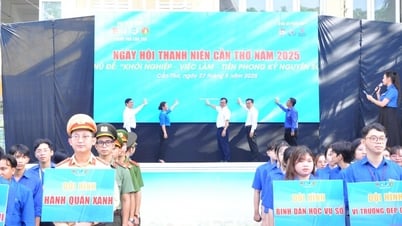










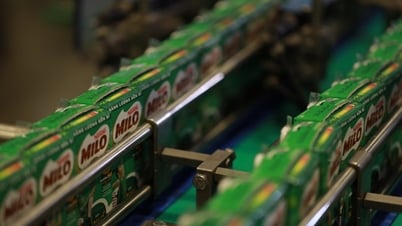














































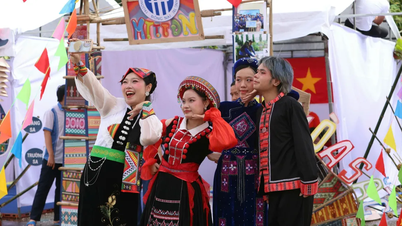
















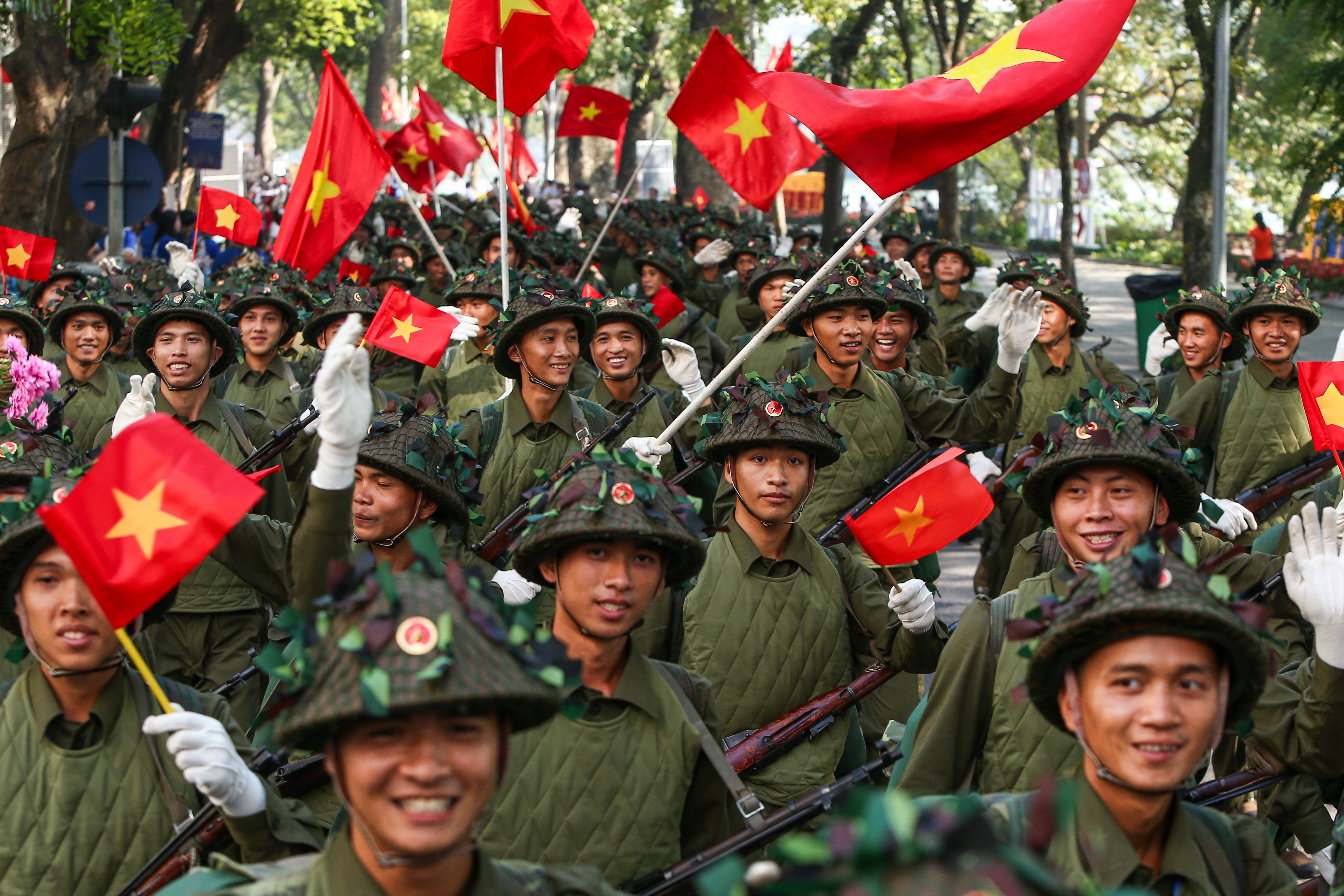



Comment (0)